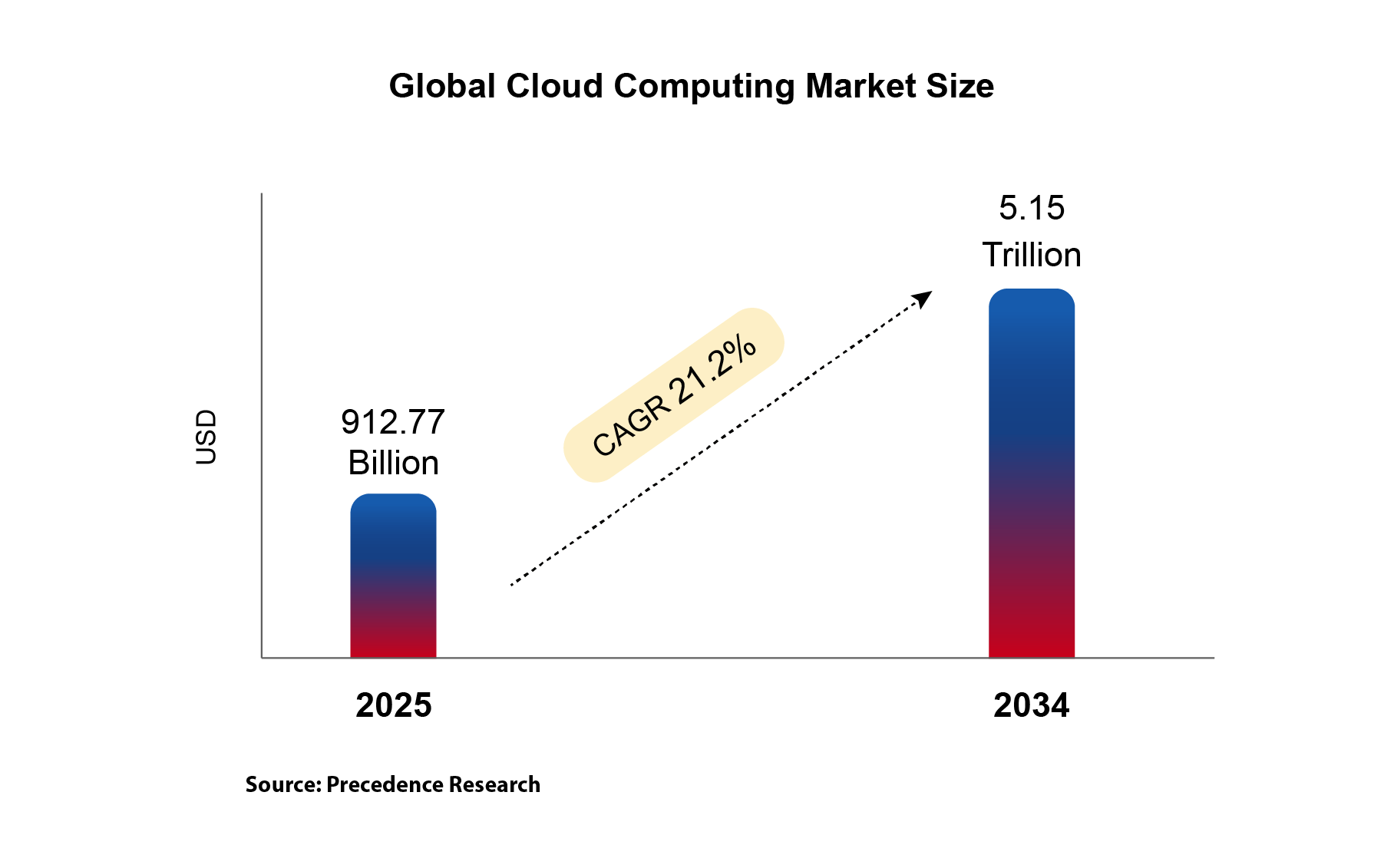M2P Fintech
Fintech is evolving every day, and our newsletter is the perfect way to stay informed! Receive the latest fintech news, views, and insights directly in your inbox every fortnight—for FREE!
Digital transformation has evolved from being a boardroom discussion to top priority for organizations in 2025. Yet, a recent study of over 850 companies revealed that only 35% have successfully achieved their transformation goals. The rest are slowed down by complexities of legacy systems, lack of technical talent, and high costs of innovation.
This is where cloud computing steps in and changes the game.
More than just infrastructure, the cloud equips businesses to reimagine processes, scale with precision, respond to market shifts faster, and operate with agility. With businesses adopting cloud-first strategies reporting greater flexibility, smarter operations, and a clear competitive advantage, it’s no longer a question of ‘if,’ but ‘how fast’ you adopt cloud.
Here is how the cloud unlocks the full potential of digital transformation.
Cloud infrastructure enables on-demand access to computing power, storage, and other resources without the constraints of physical hardware limitations. This flexibility allows businesses to swiftly scale up or scale down, optimizing performance and costs.
Cloud-based data warehouses and analytics platforms allow organizations to collect, analyze, and leverage massive data sets, delivering insights into customer behavior, market trends, and operational efficiencies. This data-driven approach fuels strategic, agile decision-making.
With cloud platforms, teams can work, update, communicate, and collaborate in real-time from any location. This accessibility breaks down geographical and organizational silos, accelerating results.
Data stored on the cloud is encrypted, backed up frequently, and hosted across multiple secure servers, ensuring accessibility and peace of mind, even in the face of disruption.
The cloud continues to evolve with innovations like serverless architectures, edge computing, AI/ML integration, and sustainability-driven models. Hybrid and multi-cloud environments are becoming the new normal, designed to meet the complex needs of tomorrow’s enterprises.
Fintechs like M2P are at the forefront of this shift, offering a cloud-agnostic product suite that enables businesses to build smarter, faster, and future-ready solutions.




At the IDBI Bank Innovation-Fintech Day , we had the opportunity to network and showcase our pioneering products with industry leaders.

M2P showcased our innovative solutions at the India Africa ICT Expo 2025 . The event provided an exclusive platform for collaboration and exploring new opportunities in the ICT sector.

Vaanathi Mohanakrishnan, Regional President of MEA at M2P, participated in a panel discussion at GITEX AFRICA in Morocco on 'The Resilience Playbook: Overcoming Crises, Setbacks, and Entrepreneurial Challenges.'

M2P partnered with Global Pay WSFx to launch their innovative Lifestyle Travel Card for next-gen international travelers.